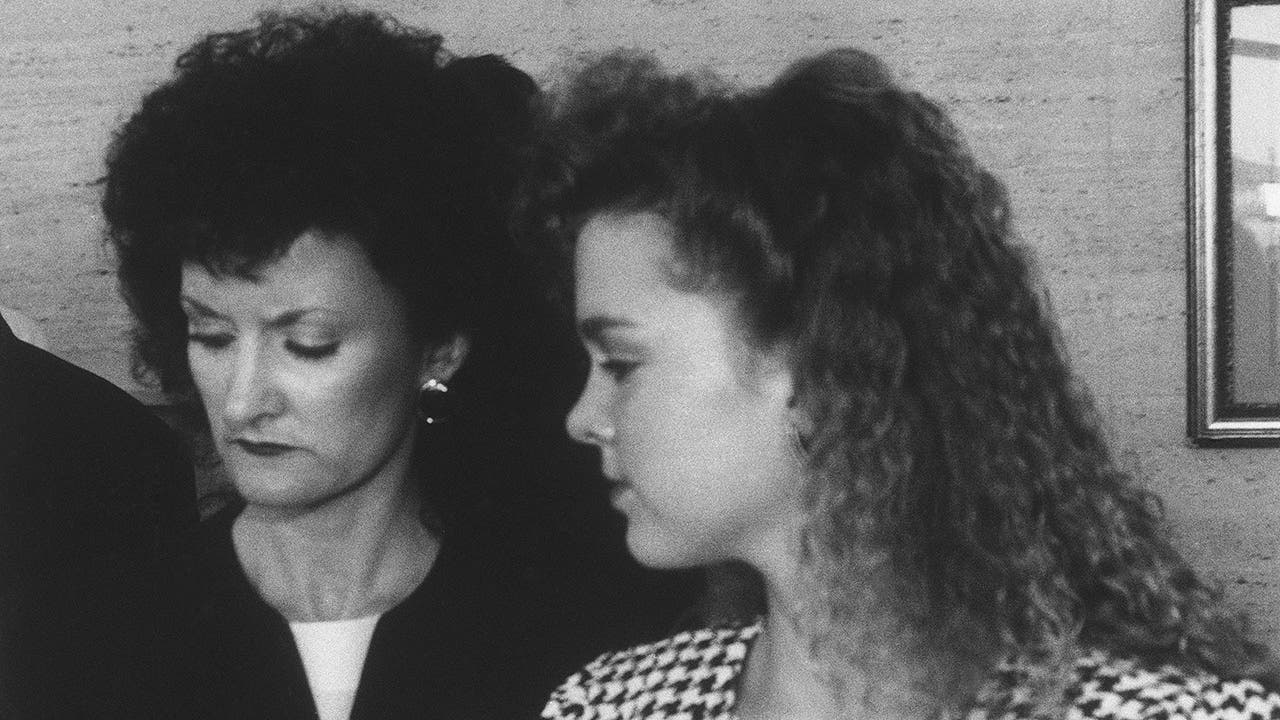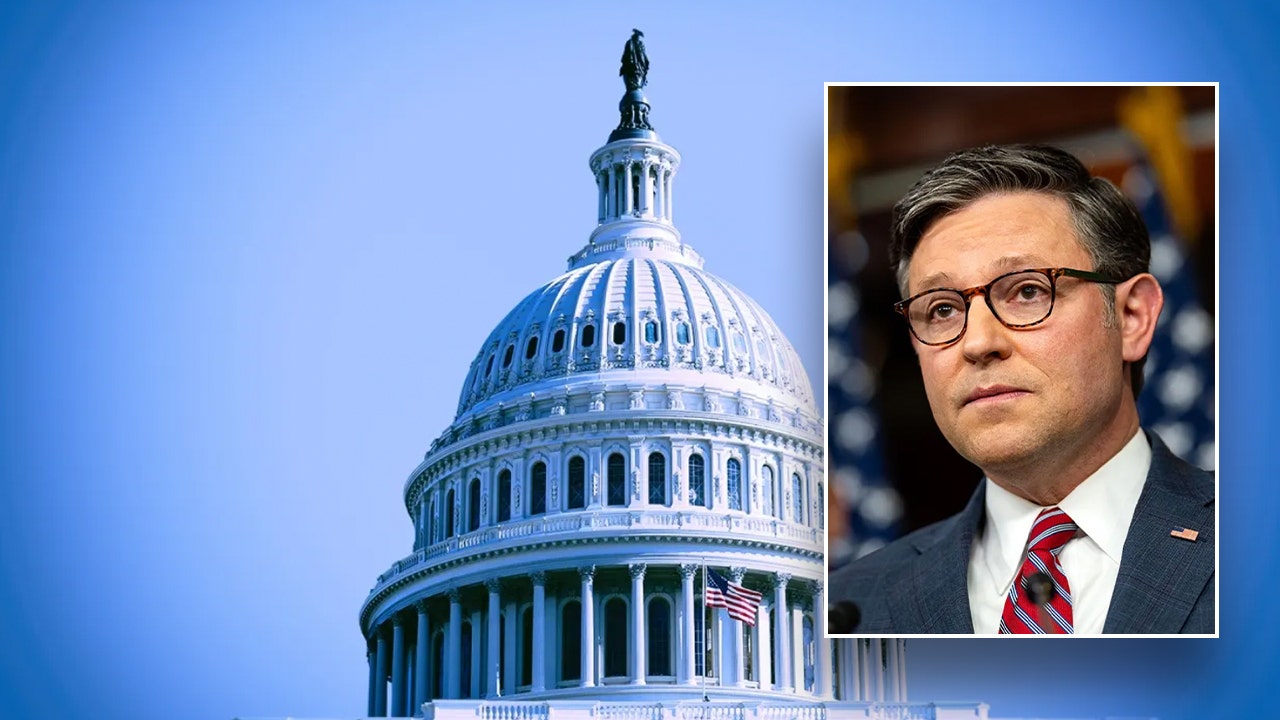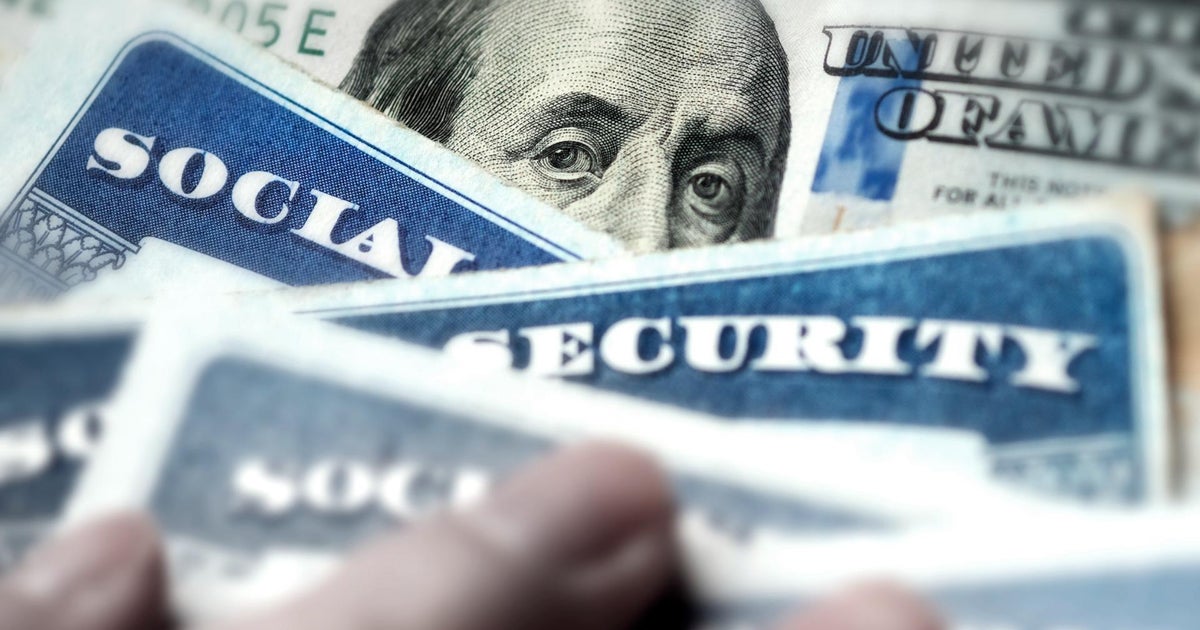Federal officials claim Starbucks cut workers’ hours at hundreds of unionized stores without bargaining over it — and they want the coffee chain to pay up.
The general counsel of the National Labor Relations Board filed a complaint late Thursday alleging that Starbucks made the scheduling changes in late 2022 and early 2023 and didn’t consult the union. As a result, shift supervisors and baristas at 290 stores saw their hours reduced.
Once workers have formed a union, it’s generally against the law for the employer to make changes to pay and scheduling without negotiation.
Starbucks did not immediately respond to a request for comment Friday.
To make workers whole, the general counsel wants Starbucks to pay them the wages and benefits they would have earned if their schedules hadn’t been cut.
Since there are several thousand workers covered in the complaint, the amount of money owed could climb into the tens of millions of dollars, said Michael Dolce, an attorney representing the baristas’ union, Starbucks Workers United.
Dolce said one of the policy changes that reduced hours appears to have been in place for nearly two years. He also said that certain workers would have lost health care and other benefits once their scheduled hours dropped below a certain threshold.
By his calculations, the full scope of wages and benefits could be “north of $30 million.”
“These are conservative estimates and the potential remedy could be much higher,” Dolce said in an email.
The new NLRB complaint alleges Starbucks changed workers’ hours “without prior notice to the Union and without affording the Union an opportunity to bargain.” The complaint also says Starbucks has refused to provide the union information about the changes and how they impacted members’ paychecks.
Anna Moneymaker via Getty Images
When the labor board issues such a complaint, it means officials have looked into the workers’ allegations and found merit in them. The next step would be to hold a trial, in which both sides can call witnesses, unless the general counsel can reach a settlement with Starbucks instead.
Michelle Eisen, a barista and union leader, called the complaint “a significant move” by the NLRB that could impact 8,000 workers.
“The board’s complaint backs up the concerns baristas and shift supervisors have shared time and time again regarding understaffing in our stores,” Eisen said in a statement. “We’re pleased to see the NLRB take bold action to support working people.”
Workers at 500 Starbucks stores around the country have joined the Workers United union since late 2021, making it one of the most high-profile U.S. organizing efforts in decades. While the company and the union are now making progress toward a first collective bargaining agreement, the allegations in the complaint come from a more combative time.
Baristas had accused Starbucks of waging a vicious anti-union campaign, closing stores, firing workers and slashing wages and benefits to prevent them from unionizing. NLRB administrative law judges later issued dozens of decisions finding Starbucks had violated workers’ rights during the campaign.
“The board’s complaint backs up the concerns baristas and shift supervisors have shared time and time again regarding understaffing in our stores.”
– Michelle Eisen, Starbucks barista and union leader
Starbucks was led by its famous co-founder and longtime chief executive Howard Schultz at the time of the alleged scheduling cuts. (Schultz had previously left the company but returned as interim CEO during the organizing campaign.) The union attributed a lot of the company’s hardball tactics to Schultz, who once said he could never embrace the idea of a union at Starbucks.
The relationship entered a more productive stage earlier this year under then-Starbucks CEO Laxman Narasimhan, with the chain setting bargaining dates and committing to reaching a framework for a union contract. Narasimhan stepped down in August, making way for new Starbucks chief Brian Niccol, who came from the burrito chain Chipotle.
Starbucks and the union are still trying to hammer out a contract, and the new complaint could give union representatives some leverage at the bargaining table. Employers sometimes choose to reach a collective bargaining agreement as part of a deal to resolve union-busting charges that could prove costly.
Dolce said the union was encouraged to see Starbucks negotiating in good faith and confident the company would “do the right thing.”
Support Free Journalism
Support HuffPost
Already contributed? Log in to hide these messages.
“Part of establishing that productive relationship moving forward includes remedying past wrongs, especially ones like these, that have impacted the lives of thousands of workers across the country,” he said.
Read the full article here














